LATEST ANALYSIS:

French rioters and Palestinian gunmen send similar messages.
At first, comparing Palestinian gunmen in the Israeli-occupied West Bank to rioting youth in France may resemble likening apples to pears. James M. Dorsey explores the similarities and differences of the concurrent crises, in the Turbulent World.
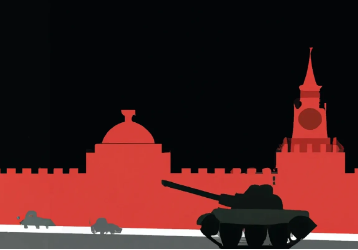
Why the Russian Coup Plot Failed
After the submarine, the deep-sea experts became coup experts. To understand the weekend’s mercenary mutiny, actual coup expert Brian Klaas outlines what we do know… and what we can’t know, in the Garden of Forking Paths.

Prigozhin’s abortive coup signals open season on Putin
The Russian autocrat joins a long line of rulers to find their personal armies turning on them. Jason Pack looks to the past and foretells the future as the dust settles from mercenary rebellion in Russia, in the Telegraph.

Don’t Let China Win the Peace in Ukraine
Might China win the peace once the dust has settled from Ukraine’s war? Dr Helena Ivanov and Bob Seely explore, in The Telegraph.
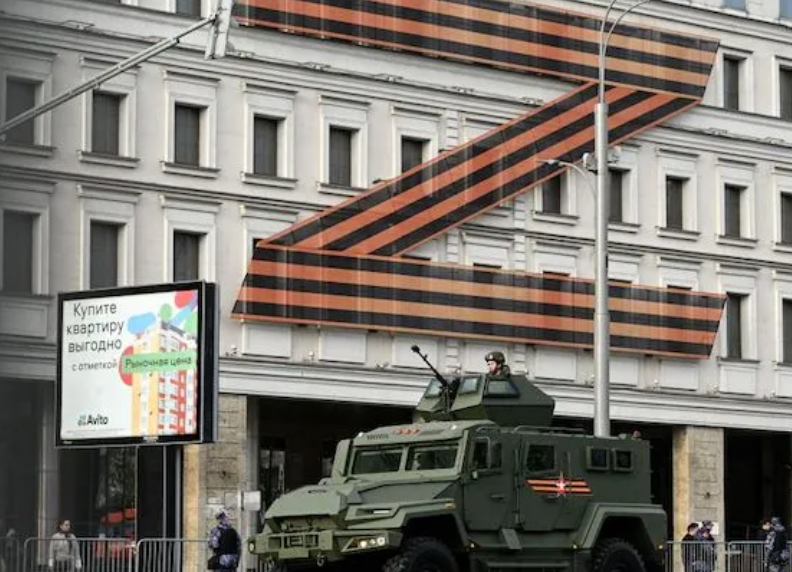
Russia’s sexual health crisis just got militarised
Russia is facing a spiralling sexual health crisis charged by the Kremlin's abandonment of marginalized groups, and this crisis is particularly acute in Russian prisons. As the Russian Army adopts Wagner Group's practice of prisoner recruits, is the crisis set to translate into military weakness on the frontlines? Jason Pack and Guy Fiennes explore.

Middle East LGBTQ emerges as a litmus test for limits of Saudi reforms
What does Saudi Arabia’s decision on the new Spider-Man movie reveal about US-Saudi relations? James M. Dorsey explains, in Modern Diplomacy.

How I Won a Disinformation Battle — But Lost the War
A firsthand lesson of how and why disinformation spreads, why it's so sticky in the minds of deluded believers, and how to fight back. Brian Klaas explores, in the Garden of Forking Paths.
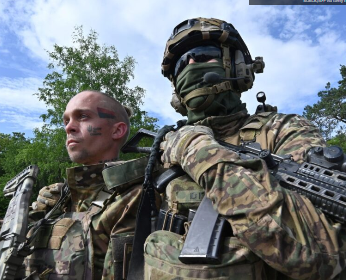
The Plan Behind Ukraine’s Counteroffensive
After the devastating dam attack, patience is wearing thin. David Patrikarakos is on the ground in eastern Ukraine, for Unherd.

The Lost Art of the Ideal and the Cycle of Futility
In modern discourse, we focus on the politics of the possible, with a sense of futility about real, positive change. According to Brian Klaas, it's time to say what we really want, by embracing the politics of the ideal.

Representation and the Power of Randomness
A natural experiment with political lotteries points to the benefits of ensuring that candidates fully represent the demographics of their communities. Brian Klaas explains, in the Garden of Forking Paths.

‘When Will We Hear these Brexit Truths From an Opposition Leader?’
The UK’s real problem never had anything to do with the EU – but was about the lack of capable and honest political leadership, according to the former diplomat who resigned from the Foreign Office over Brexit. Alexandra Hall Hall writes in Byline Times.
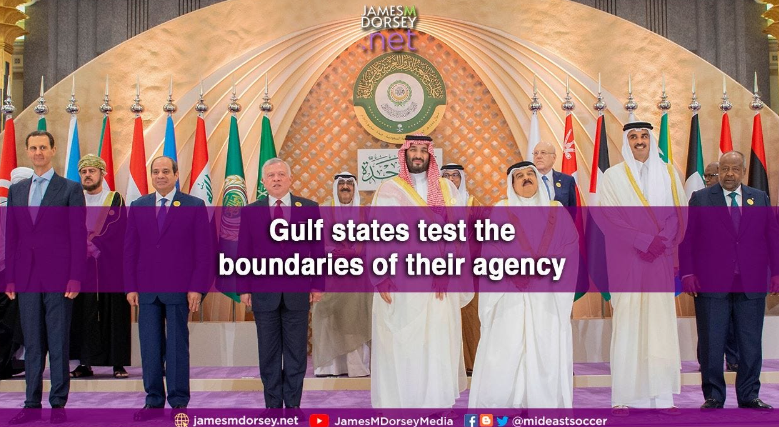
Gulf States Test the Boundaries of Their Agency
More than three years after burying the war hatchet, erstwhile Gulf rivals are moving in separate ways as they maneuver big power competition… but are they still dependant on an external security guarantor? James M. Dorsey explores, in The Turbulent World.
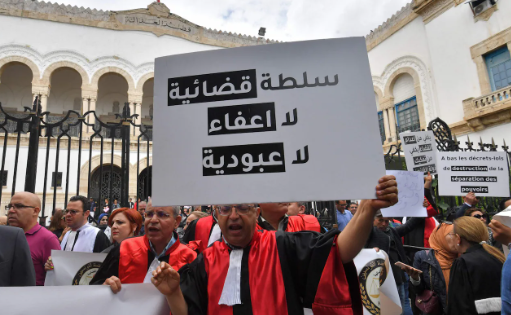
Tunisia's Slide Into Autocracy is Following All Too Familiar a Pattern
Neopopulism has led to democratic backsliding and a culture of paranoia in President Kais Saied’s Tunisia. On the scene for the Tunis Book Fair, Jason Pack surveys the Tunisian state of affairs for The Telegraph.

The Case for Pro-Democracy Rituals
Pro-democracy movements are missing a key political tool that authoritarian movements have perfected: the power of ritual. It's time to fight back. Brian Klaas writes in the Garden of Forking Paths.

What the F16 decision tells us about US support to Ukraine
The coming election season in America means there are already starting to be limits placed on its support to Ukraine. Arthur Snell explores in Not All Doom.

Martin Amis knew the horror of words
Debased language is the tool of the dictator, from Mao to Stalin and beyond. David Patrikarakos traces the line between bad literature and bad leaders, in Unherd.

Are Muslim Religious Conservatism and Political Islam Making a Comeback?
A decade on from the devastating defeat of the Muslim Brotherhood at the hands of the Egyptian President Sisi’s military coup, is Political Islam making a comeback? James M. Dorsey investigates.

Who Supports Political Violence in America?
A new political science study looks at the traits of people who support political violence in the United States. They develop a "political violence profile." And the key variables might surprise you. Brian Klaas writes in The Garden of Forking Paths.

Sudan tests the limits of Middle Eastern de-escalation.
With Saudi-hosted talks to end Sudan fighting producing minimal results and Arab states supporting rival forces, de-escalation in the Middle East faces a major test. James M. Dorsey writes in The Turbulent World.

A ceasefire would mean victory for Putin
In Kyiv, defiance is tempered with the depressing reality that the west might not be prepared to let Ukraine win. Arthur Snell dives deeper in the New European.

